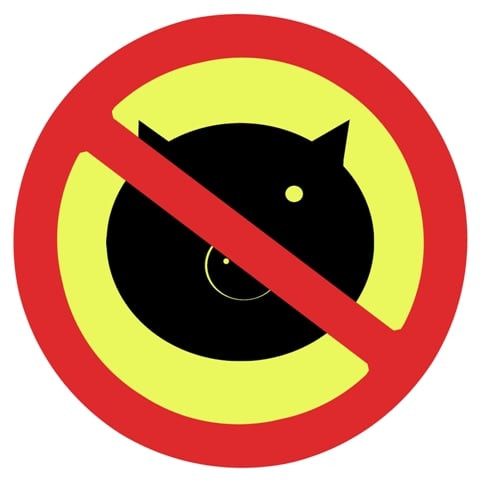Swine Flu: First test lab set up in Civil hospital
A laboratory for diagnosis for Swine flu has been established in Civil hospital.

The laboratory will be inaugurated next Saturday by Sindh health minister Dr Sagheer Ahmed. The laboratory is equipped with all the necessary equipment and swine flu (influenza type A) kits.
Technicians for the laboratory have been trained to conduct tests of samples to diagnose the H1N1 virus. Now the samples will be sent to this laboratory in Civil hospital instead of the National Institute of Health, Islamabad, which will take less time in comparison.
Chief of Sindh health department's Swine Flu Surveillance Cell Dr Suresh Kumar said technicians are being trained to take samples of the people affected.
Doctors and health experts lauded the development. Blood diseases expert Dr Tahir Shamsi said the laboratory will be an immense help. Meanwhile, microbiologist Dr Farhan Isa said the laboratory will also test samples for the common flu virus.
More cases detected
Three suspected patients of swine flu were admitted to different private hospitals in the city on Saturday and their blood samples were sent for tests.
According to Dr Kumar, 13 cases of swine flu have been reported so far. He said the provincial health department has alerted all hospitals of the province to be well prepared for the emerging swine flu cases.
What is swine flu?
Swine flu is a respiratory disease, caused by a strain of the influenza type A virus known as H1N1, which is the same strain which causes seasonal outbreaks of regular flu. But this latest version is different: it contains genetic material that is typically found in strains of the virus that affect humans, birds and swine.
Although the strain may have originated in pigs, it is now a wholly human disease which can spread from person to person by coughing and sneezing.
The cure
According to a paper titled H1N1 2009 in Karachi: A situational analysis by Bushra Jamil and Syed Faisal Mahmood of the AKUH, the only reliable means of preventing infection is the vaccine. This unfortunately remains in short supply.
The experts of write in the paper that priority should be given to high-risk groups only: health care workers, pregnant women, immune-compromised individuals and young children.
Adherence to infection control practices in the hospital is paramount and depends heavily on respiratory etiquette, hand hygiene, and avoiding close contact with sick people, according to the paper.
Doctors advise to keep hands clean and stay at home for at least 24 hours after the resolution of the fever.
Supportive care at home includes resting, drinking plenty of fluids — as all viral infections need water for immunity — and using a pain reliever for aches and pains. A non-aspirin pain reliever should be used for children or adolescents under age 18, according to the World Heath Organisation (WHO).
WHO declared the H1N1 swine flu a pandemic in June 2009 when a total of 74 countries and territories had reported laboratory confirmed infections. To date, most countries in the world have confirmed infections from the new virus.
WITH ADDITIONAL INPUT FROM PPI
Typical symptoms:
Sudden fever (38C or above) and sudden cough
Other symptoms:
Tiredness and chills
Headache, sore throat, runny nose and sneezing
Stomach upset, loss of appetite, diarrhoea
Aching muscles, limb or joint pain
Source: BBC
Published in The Express Tribune, December 26th, 2010.



















COMMENTS
Comments are moderated and generally will be posted if they are on-topic and not abusive.
For more information, please see our Comments FAQ